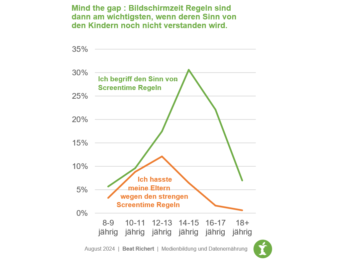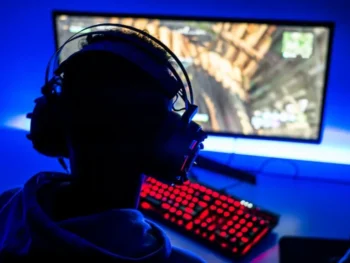After several years of tests, the world’s first “intelligent” drug just got approved by the US Food and Drug Administration (FDA). Called the Abilify McCite aripiprazole tablet, this smart drug for schizophrenia treatment has an embedded sensor. Once in contact with stomach fluids, the “Ingestible Event Marker” sensor pushes information on the patient’s and doctor’s app, offering a convenient confirmation that the drug was swallowed. In the name of “medication compliance” we are effectively giving up another big chunk of privacy and intimacy and see ourselves relegated to obedient drug consumers. While the trend of measuring and sharing body key performance indicators (KPI) through wearable devices such as FitBit has taken off several years ago, the big psychological difference here is that we embed a sensor right into our stomach instead of wrapping it around our wrist (and take it off) when we feel like it.
In the name of drug consumption compliance, we allow Big Pharma to insert bugging device right into our body. According to official sources, the patient’s consent is needed to share the “download complete” message with the prescribing doctor. Nevertheless, any data security professional confirms that as soon as something is technically feasible, it is done. Before you download the tablet into your fleshware, you might ask yourself several questions: Are you fine with sharing a new level of information, sending your gut feeling right into the hands of your doctor and potentially other “medication compliance” parties (your health insurance would certainly not mind having this data…)? Since the sensor itself is not at all an active ingredient treating your illness, isn’t it a simple sign of lack of trust? Your verbal confirmation to the doctor about taking the medicine will be overwritten by a simple pop up message on the doc’s app. Who knows how smart the sensor really is, picking up “several other physiological data” on the state of your health and transmitting the info to receiving devices. Are we not only losing our body intimacy but also introducing a potentially new level of stress with a performance dashboard of our own body? We just might have lost the intuition driven gut feeling, replacing it with laser sharp sensors bringing us one step further into the sterile world of digital reasoning.
Source: Otsuka and Proteus




